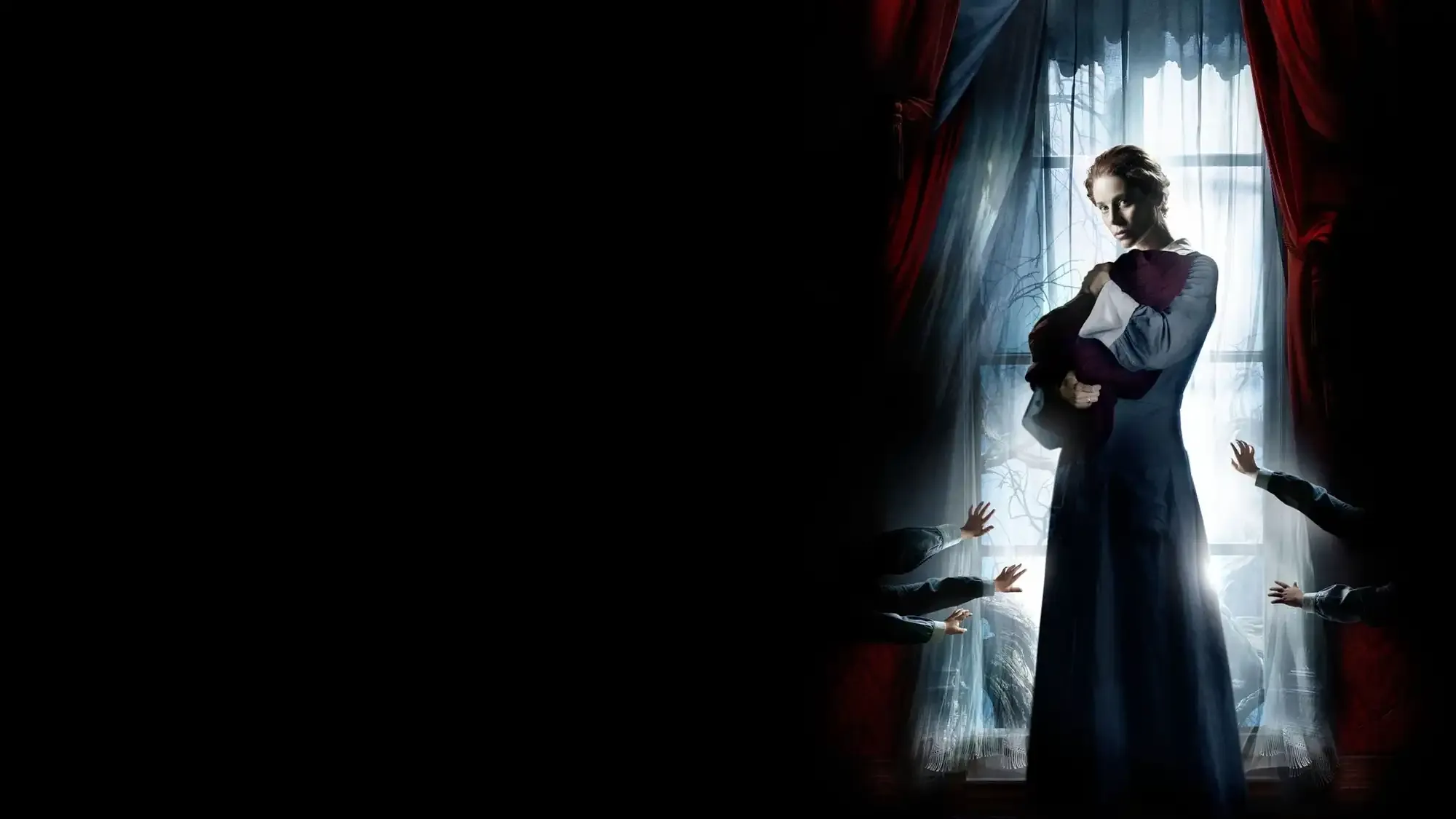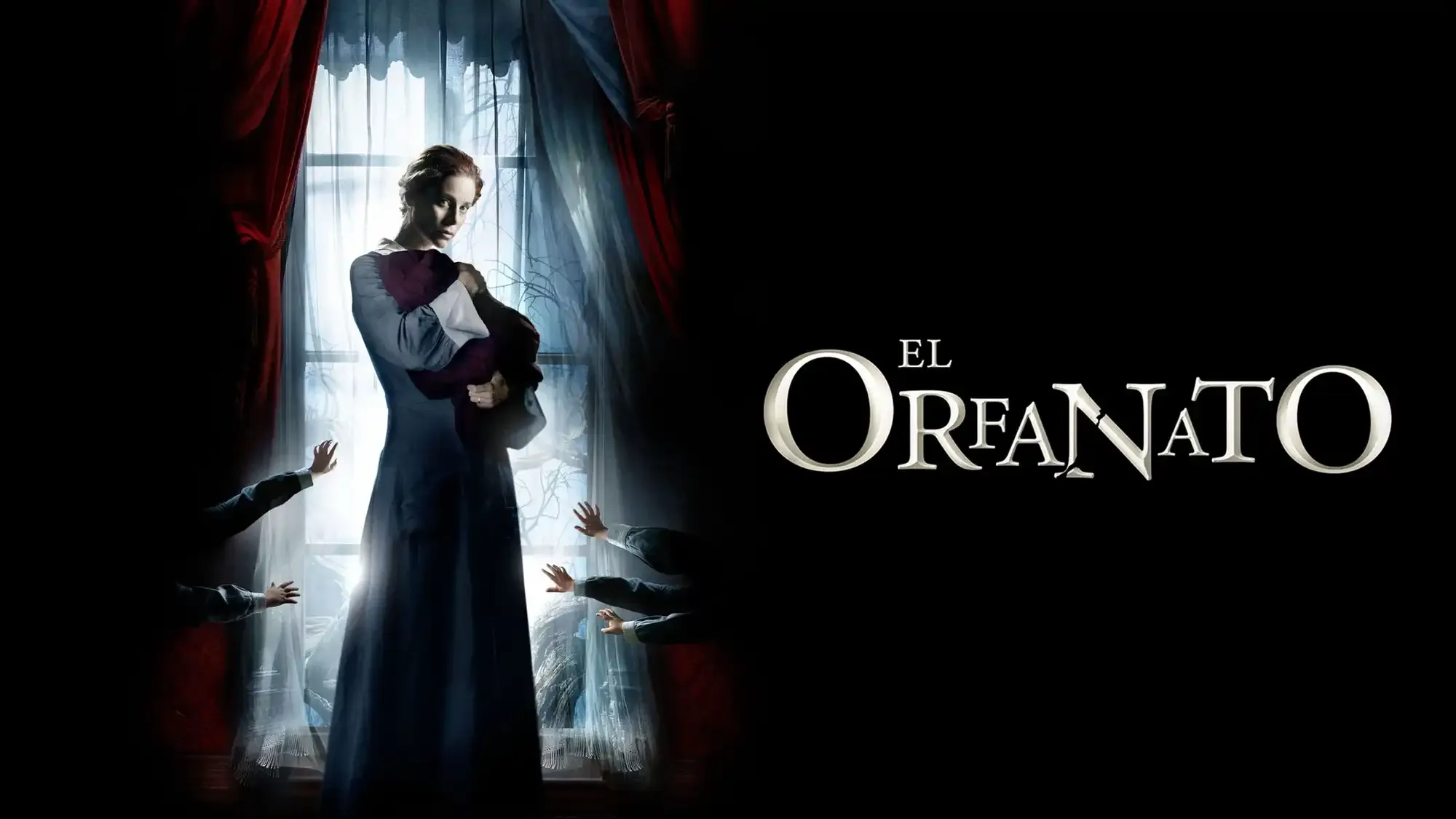"Echoes of Innocence: A Haunting Requiem in `The Orphanage`"
Posted Thursday, Nov 16, 2023 97
Laura, a woman who was once an orphaned child, returns to the decrepit orphanage where she grew up with her husband and adopted son with aspirations to restore it. However, when her son suddenly disappears amidst supernatural occurrences, Laura is propelled into a desperate search that blurs the lines between reality and a ghostly past.
The Orphanage delves deeply into themes of loss, maternal love, and the intersection of memory and haunting. The tone is artfully balanced between hope and despair, mixing the inherent innocence of childhood with the shadowy dread of an unresolved past. The film`s ability to evoke empathy towards both the living and the ethereal is one of its most compelling triumphs.
The performances, especially by Belén Rueda as Laura, are imbued with a profound authenticity. Rueda`s portrayal is a masterclass in emotional depth, translating a mother`s love and relentless determination into a riveting screen presence. The supporting characters are not just fixtures within the story but fully realized individuals contributing to the atmospheric depth of the narrative.
Under J.A. Bayona’s direction, `The Orphanage` unfolds with an elegant restraint. Bayona’s finesse in building suspense is praiseworthy, and his ability to craft scenes that are as tender as they are terrifying shows a confident vision and a sophisticated approach to storytelling.

The score is a melancholic lullaby that weaves through the narrative, punctuating the emotional beats with precision and an understated grace. It amplifies the film’s haunting quality while drawing the viewer further into its enigmatic embrace.
The cinematography paints each scene with a palette that feels both nostalgic and chilling. Its sophisticated use of shadow and light plays a crucial role in establishing the ominous atmosphere that pervades the orphanage.
The production design is a silent narrative within itself, illuminating the history of the orphanage through decaying walls and vintage decor. This backdrop becomes an essential character in the film, representing a memory-laden playground turned sinister.
While sparse, the special effects are used with such precision and purpose that they seamlessly blend with the film’s reality, enhancing the otherworldly elements without ever undermining the story’s believability.

The film`s editing is an invisible guide that carefully orchestrates the viewer`s journey through the labyrinthine plot. Taking its time when necessary and trimming scenes for maximum emotional impact, the editing contributes significantly to the film`s haunting rhythm.
The measured pace allows for a gradual immersion into the world and its mysteries. It might test the patience of viewers accustomed to quicker resolutions, but rewards those who appreciate a story that takes its time to unfold.
The dialog is economic and impactful, carrying weight in its simplicity and leaving room for the performances to breathe. Every line feels intentional, adding layers to the characters and advancing the plot without unnecessary exposition.
If there`s an area where `The Orphanage` might falter for some, it`s in its methodical pacing, which could potentially detach viewers eager for immediate scares. Moreover, its reliance on traditional ghost story motifs may seem familiar, but it`s the execution that sets it apart, utilizing those motifs to deliver a profoundly moving experience.
‘The Orphanage’ resonated with me on a deeply emotional level, transcending the horror genre`s typical trappings to reveal a heartrending tale shrouded in gothic mystery. Its portrayal of the bond between mother and child, and the imprints left behind by those we love, linger long after the credits roll. This is a film that haunts not through cheap thrills, but by tapping into the universal fears and loves that bind us.